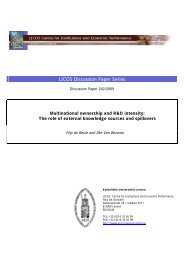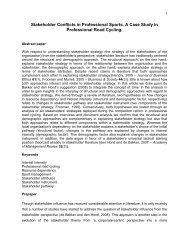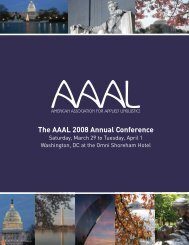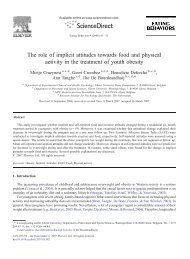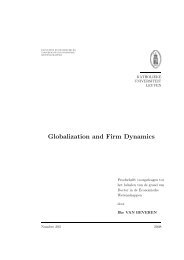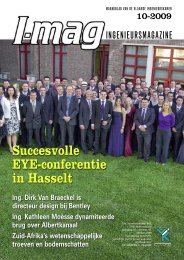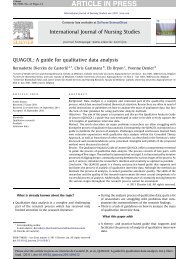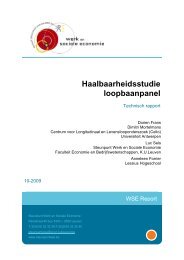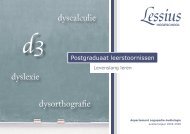View/Open - Lirias@Lessius
View/Open - Lirias@Lessius
View/Open - Lirias@Lessius
Create successful ePaper yourself
Turn your PDF publications into a flip-book with our unique Google optimized e-Paper software.
Cyprus: The Belgian ‘Tool Box’ Revisited<br />
Irrespective of size or power,<br />
constituting or component<br />
parties in all bi-ethnic or multiethnic<br />
federations attach vital<br />
importance to their political<br />
equality and territoriality<br />
ary process which has helped sustain<br />
and cherish Belgian federalism since the<br />
first state reform in the year 1970. One<br />
of the two main sides, the Flemish one,<br />
is now pushing for a new state reform in<br />
order to harmonize state structures with<br />
the demands of socio-economic developments<br />
in the globalizing world. The<br />
French-speaking side has been reluctant to support the Flemish parties who received<br />
a mandate from Flemish voters to put state reform on the negotiation table.<br />
Their fear is that the regionalization of the labor market, demanded by the Flemish<br />
because of socio-economic differences between the regions, would weaken the<br />
central state and the financial solidarity between the regions. The crisis did not<br />
put the federal system into question as such, but pointed to the dangers of failing<br />
to adapt it to changing circumstances. The demand for state reform under the<br />
motto “Good Governance” aims at harmonizing competences, regionalizing labor<br />
policy, making financial transfers from Flanders to Wallonia more transparent,<br />
and solving recalcitrant linguistic disputes, especially in mixed areas like Brussels<br />
and some Flemish municipalities, in which the French-speaking citizens enjoy<br />
“linguistic facilities” despite the fact that Flanders is administered in one language<br />
(just like Wallonia).<br />
Many things can still be learnt from the Belgian experience: in the first place,<br />
the willingness for dialogue and the search for compromise. Even the political<br />
crisis of 2007/2008 demonstrates this, because without the will to look for a solution<br />
at the negotiation table, the country could already have broken up. Belgium’s<br />
history of seeking solutions to the problems related to the cohabitation of different<br />
ethnic and linguistic groups has been marked not by violence but by dialogue.<br />
Critics say that such dialogue is only possible because the Flemish group<br />
has often made concessions. But the case of Brussels shows that both groups, the<br />
Flemish and the Francophone, have had to concede: the French-speaking wanted<br />
to expand the territory of the city as an entity on its own, the Flemish wanted to<br />
incorporate Brussels into Flanders, so as a compromise Brussels was granted the<br />
status of a region, which was not expanded. Brussels, as the place where Flemish<br />
and Francophone communities meet, underlines the concept of “trans-regional<br />
communities” which are responsible for certain fields like culture and education<br />
without touching other territorial-based competences of the city-region itself. In<br />
this sense, the solution that was found for Brussels could eventually serve as a<br />
model for those cities which are “claimed” by several ethnic groups.<br />
117



